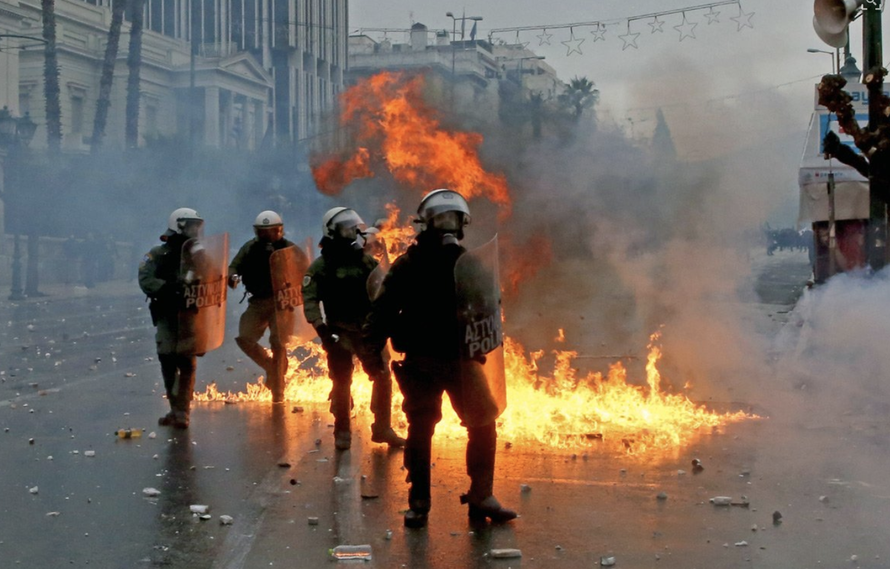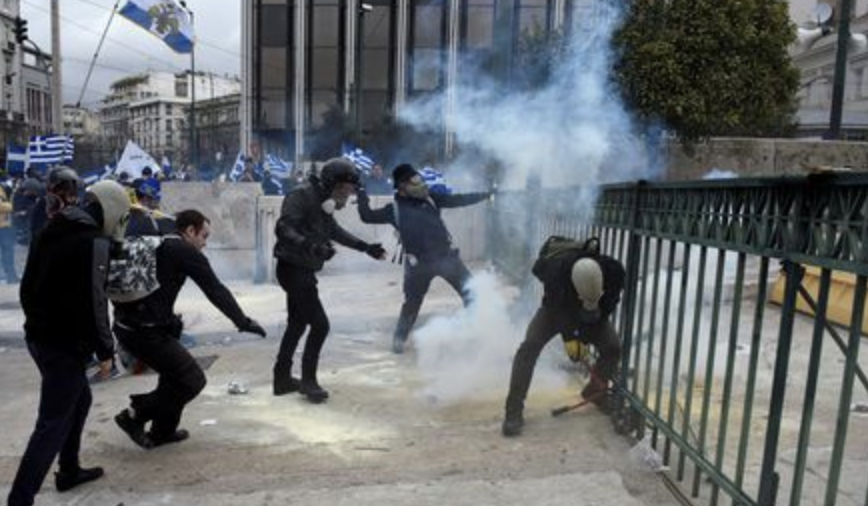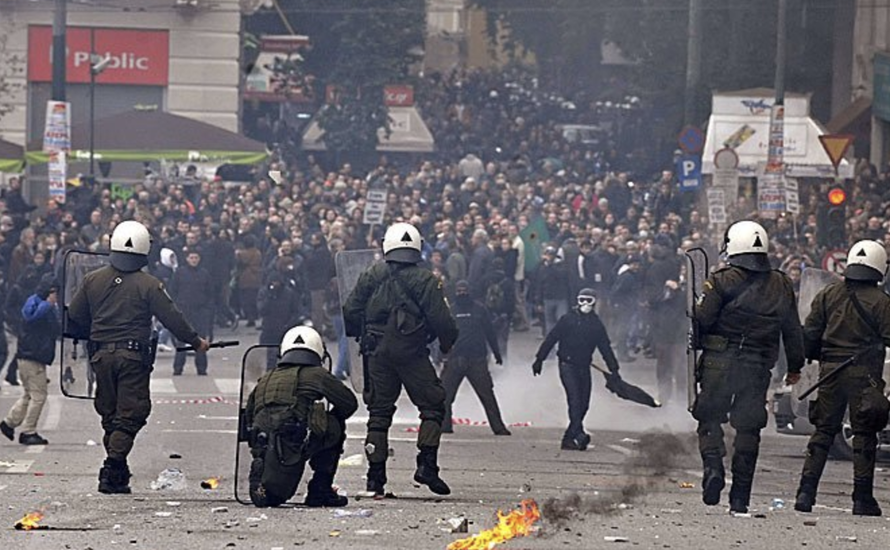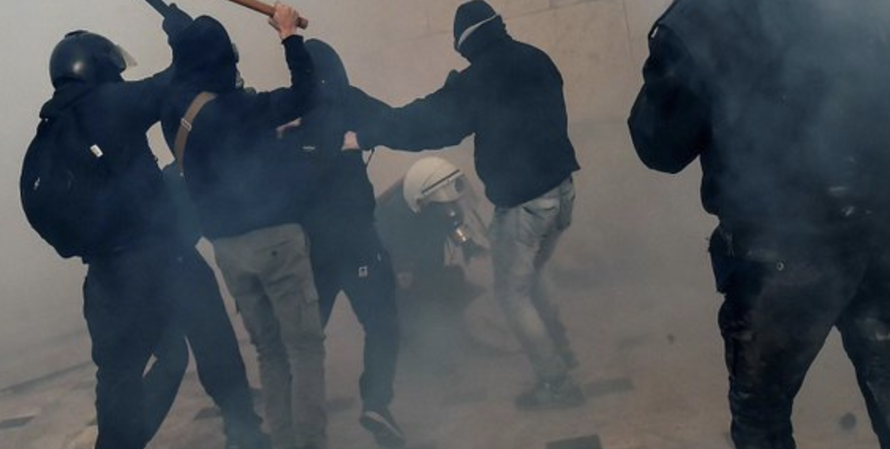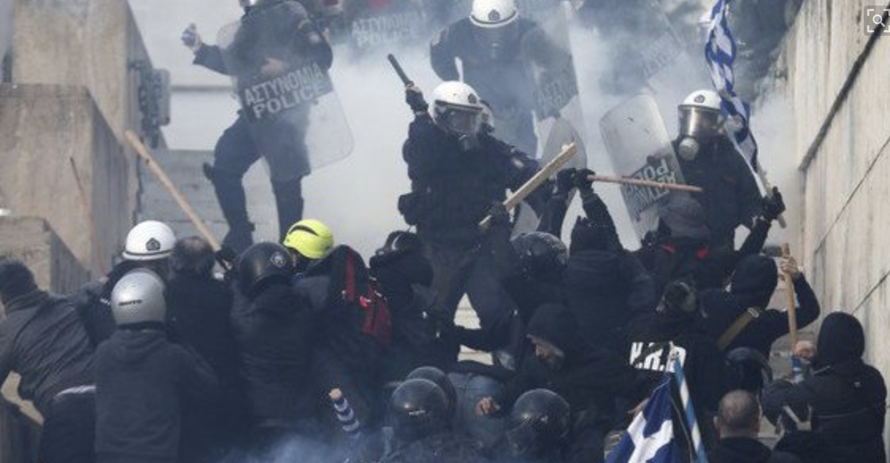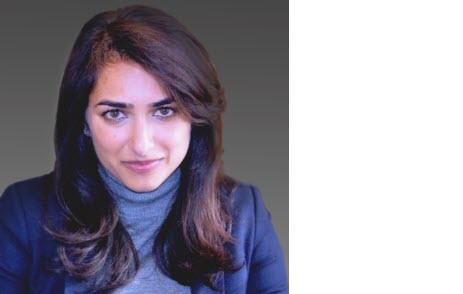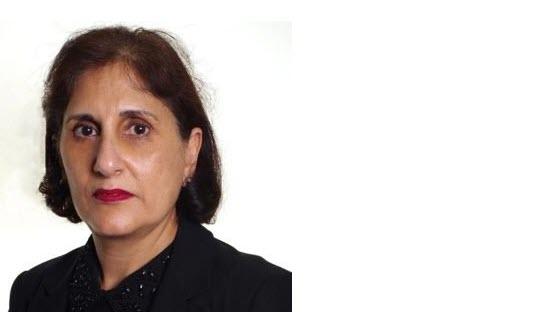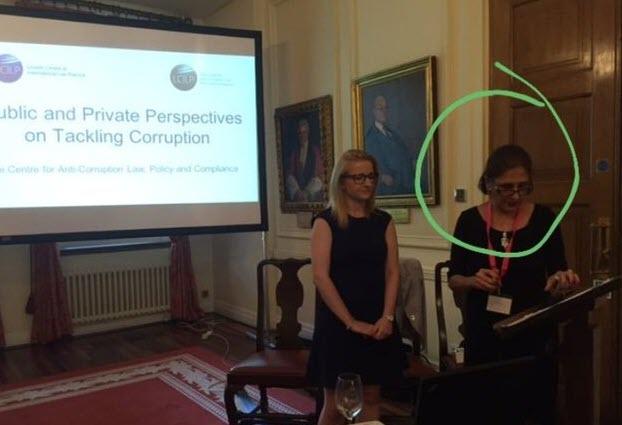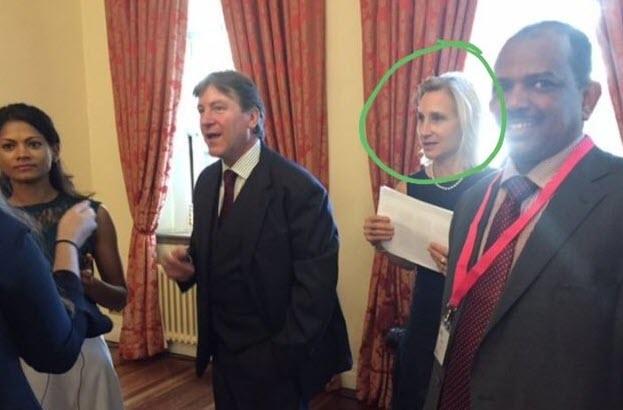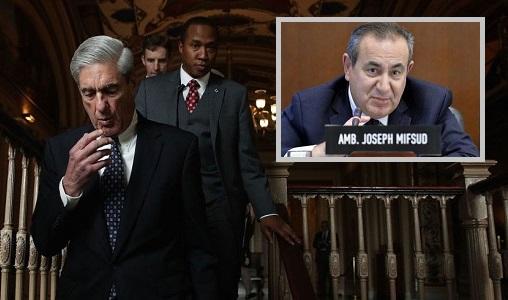Venezuela remains on edge after in the pre-dawn hours of Monday morning a small group of soldiers attempted to launch a military coup against the Maduro regime, but failed, resulting in the arrests of 25 members of the Venezuelan National Guard who temporarily gained control of a police station located a short distance from the presidential palace in Caracas, and the apprehension of two others at another location, in total 27 detained — all of which sparked riots in local neighborhoods, some of which appear to have continued throughout the night.
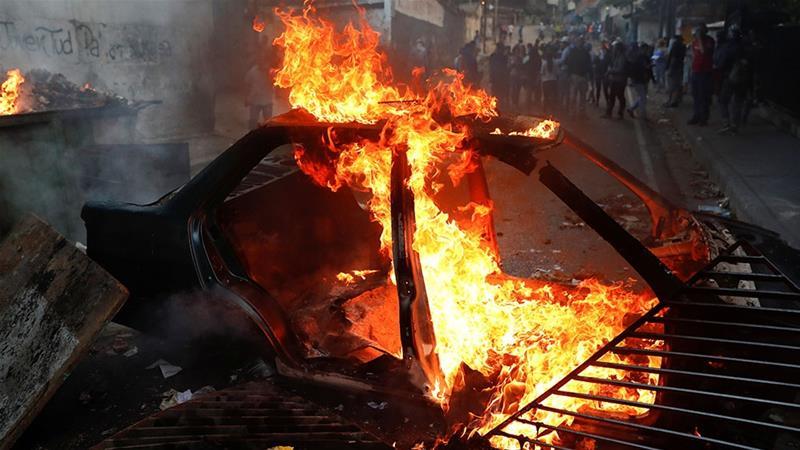
Following the mutiny and subsequent successful government crackdown, which further involved the rebellious unit briefly kidnapping several officials and stealing weaponry in the Cotiza neighborhood, pockets of anti-Maduro protests were sparked in the capital city demanding the release of the detained soldiers, whose actions the government condemned as “treasonous” and “motivated by the dark interests of the extreme right,” according to a statement announced on state TV. Maduro’s right-hand man, Diosdado Cabello, also boasted on Twitter while speaking of the rebels: “They were neutralized, surrendered and captured in record time.”
Hours prior to the crackdown on the coup attempt, a series of videos were published to social media showing what are purported to be the coup leaders standing in darkness with a spokesman demanding that Venezuelans rise up to support the coup. In one video a man who identified himself as Luis Bandres said, “You all asked that we take to the streets to defend the constitution. Here we are. Here we have the troops, it’s today when the people come out to support us.”
And in another video a heavily armed man appeals to the public with “You wanted us to light the fuse, so we did. We need your support.” This appears to have driven at least some in the vicinity of where the military rebellion was launched to the streets, angry at what’s being called President Nicolas Maduro’s “illegitimate” election to a second six-year term, as the AP reports:
At daybreak in the adjacent neighborhood of Cotiza, a group of shirtless young men, some with their faces covered, built a barricade across the street with a burning car, heavy sewer grates and a large chunk of concrete.
An angry group of women shouted that they have lived for too long without running water and tear gas fired by security forces choked their children.
“Freedom! Freedom!” they chanted. “Maduro has to go!”
“We must defend our homeland,” Maria Fernanda Rodriguez, a 36-year-old manicurist, told The Associated Press, her eyes welling from the tear gas.
International reports suggest some of these initial protests were snuffed out by riot police, but sporadic clashes continued in some places through the evening.
Military officials arrested for weapons theft#Venezuela #Cotiza #Caracas pic.twitter.com/CiUEZxrwef
— Ruptly (@Ruptly) January 21, 2019
But the socialist country, currently suffering from what’s being widely described as “inflation approaching 2 million percent” and a shortage of everything from food to medicine to diapers and baby formula, remains on edge as opposition leaders are now calling for mass protests in the coming days in the wake of the defeated attempt at triggering a broader military revolt.
Otro video de la protesta de vecinos del barrio El Limón, en la autopista Caracas- La Guaira , en contra de Maduro la noche de este lunes #21Ene pic.twitter.com/8SbJZXosoK
— NTN24 Venezuela (@NTN24ve) January 22, 2019
NO TENEMOS MIEDO!!!!!!!!!! #Cotiza #Venezuela #21Enero pic.twitter.com/0exjBBqvfU
— Cristian Crespo F. (@cristiancrespoj) January 21, 2019
Clashes appeared ongoing through the night in the neighborhood in which the military revolt began.
#VIDEO La Guardia Nacional llegó a disolver la protesta contra Maduro en el Cuartel de Catia, la media noche de este lunes. pic.twitter.com/9ox1CteOKz
— NTN24 Venezuela (@NTN24ve) January 22, 2019
Specifically, opposition leaders in the legislature have called for nation-wide protests to be held Wednesday following the government-stacked Supreme Court declaring it would throw out recent measures by the National Assembly that declared Maduro’s presidency illegitimate.
But thus far the brief military uprising appears to have been a very isolated event as the officers involved are low-ranking with little sway to start a domino effect of defections, which would have to dent the higher ranks first. The televised government statement following the arrests emphasized that the military remains loyal to the state with the words, “The armed forces categorically reject this type of action…”.
Unconfirmed videos circulating on social media throughout Monday evening appear to show citizens erecting barricades in Cotiza and possibly other neighborhoods while setting fires to objects amidst a continuing police crackdown seeking to tame the unrest. But the unrest could grow as opposition congressional leader Juan Guaido becomes bolder in his denunciations of Maduro.
Otro video de El Valle, donde reportan intento de saqueos, protestas y enfrentamientos la noche de este lunes #21Ene / video cortesía pic.twitter.com/23FuB5yt8A
— NTN24 Venezuela (@NTN24ve) January 22, 2019
Throughout the night their appeared intermittent violence on Caracas’ streets between protesters, police, and what some say are the “colectivo armado” — fiercely loyal pro-regime militias that typically move in packs on motorcycles targeting anti-Maduro opposition activists.
Llegaron los colectivos malparios pic.twitter.com/NMNPHQg6zO
— recinto del pueblo (@Recintodlpueblo) January 22, 2019
According to the AP, Guaido is fanning the flames while stopping short of condoning any violent acts, however he’s appealing straight to the military ranks:
Juan Guaido, a 35-year-old newly seated as president of congress, appealed to the military, urging them to demand Maduro abandon power in a nationwide protests Wednesday — a historic date commemorating the end of Venezuela’s military dictatorship in 1958.
“We are not asking you to mount a coup. We are not asking you to shoot,” Guaido said in a video circulated on social media. “On the contrary, we are asking you not to shoot at us, but rather to defend together with us the right of our people to be heard.”
Earlier this month Guaido was arrested and briefly detained by secret police following a speech wherein he implied he was the only legitimate authority in Venezuela.
This comes after months of both the Trump administration and US Congressional leaders becoming increasingly unrestrained in publicly calling for outright regime change.
After Monday’s coup attempt Florida Senator Marco Rubio went so far as to encourage more such military defections.
Under constitution of #Venezuela Maduro not legitimately elected President. When vacancy exists it is filled by National Assembly President until new election called. Last night a National Guard unit pledged it would follow constitution & regime responded with its own forces. https://t.co/Du8tE1QazP
— Marco Rubio (@marcorubio) January 21, 2019
Rubio claimed military forces have been deployed to the streets amidst protests and internet access had been cut across parts of the country.
It appears citizens in several areas of #Venezuela areas are taking to streets in support of military forces that have pledged to defend constitution & not follow orders from illegitimate Maduro. Regime has cut off internet access in parts of country & deploying forces to streets https://t.co/rIlfrhoLi5
— Marco Rubio (@marcorubio) January 21, 2019
Meanwhile Venezuelan Foreign Minister Arreaza just days ago told Democracy Now that “Nothing that the opposition does is without the permission or authorization of the State Department… They say, ‘We have to make consultations with the embassy. We have to make consultations with the Dept of State.'”
Monday’s short-lived mutiny was not the first time the Maduro government has faced military insurrection. There’s been a series of significant incidents over the past few years, including last August’s explosive-laden drone attack as Maduro addressed a military parade in Caracas, and a firefight between three rebel military members and security forces at Fort Paramacay in the northern city of Valencia in 2017.
Perhaps the most extreme and notable attack came in June of 2017, when ex-policeman Oscar Perez dropped grenades on the regime loyalist-dominated Supreme Court while flying above in a stolen helicopter.
via RSS http://bit.ly/2T7FKwX Tyler Durden
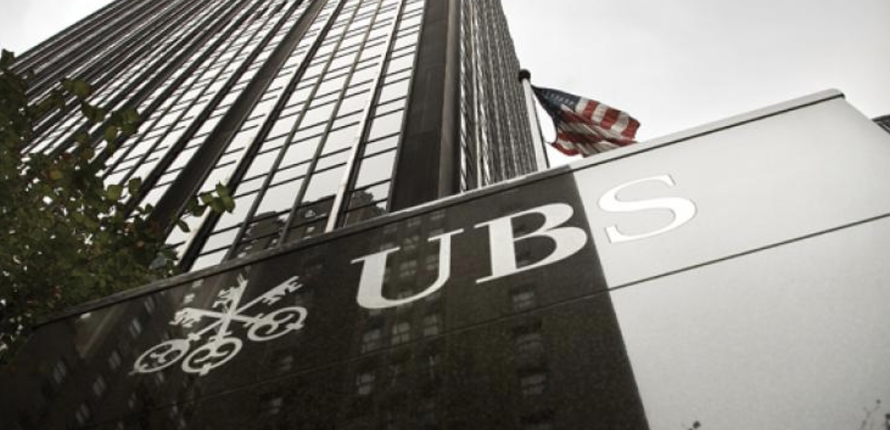
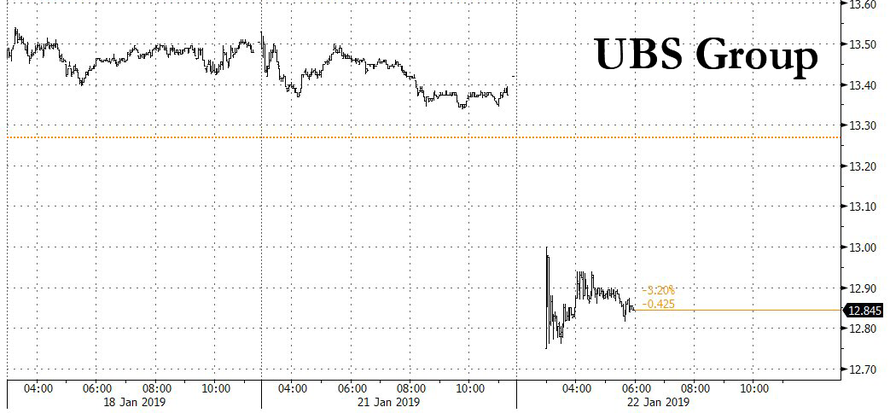

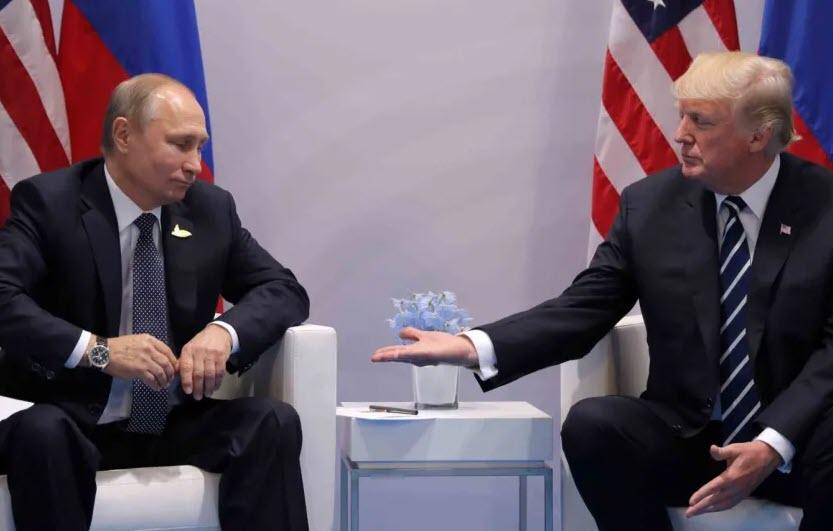


 Normandy, Missouri, police issued a warning to a boy for
Normandy, Missouri, police issued a warning to a boy for 
